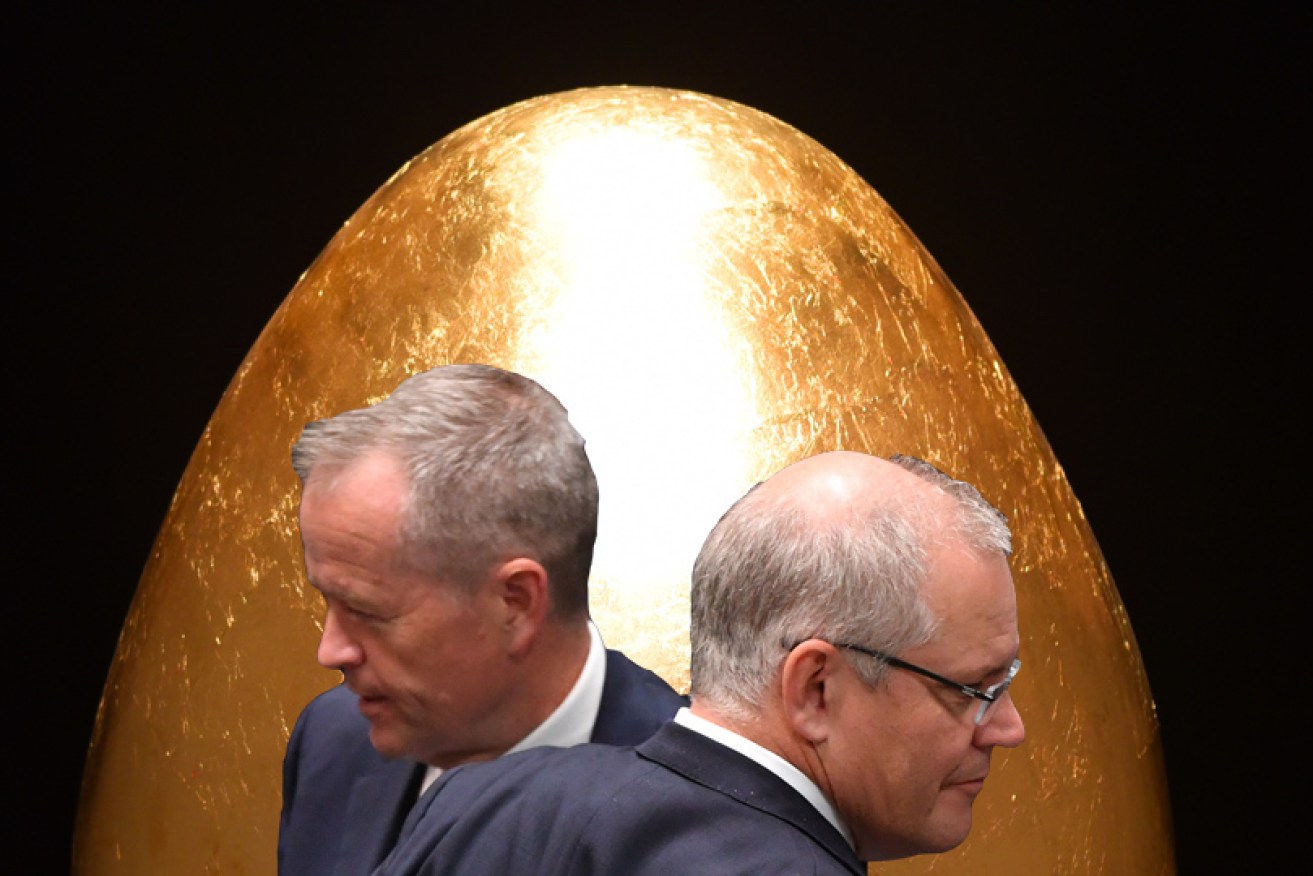How Australia’s major parties propose to handle superannuation


Australia's major parties have presented different visions for the super sector. Photo: The New Daily
From electric vehicles to negatively-geared properties, the major parties have drawn their election battle lines – here’s where they stand on superannuation.
While not as fiercely contested as other policy areas, superannuation is still a key political arena for the May 18 election, with both parties offering differing visions for Australians’ hard-earned retirement savings.
The New Daily delved into the policies, how they differ and, most importantly, what each will mean for members.
The Coalition
Just before the federal budget, the Coalition unveiled policies making it easier for older Australians to boost their super in retirement. These included:
- Changing the work-test rules to allow people to make voluntary contributions up to $500,000 between the ages of 65 and 67
- Lifting the age limit for spouse contributions to 74 from the current 69.
These changes will help “older members who can afford to make additional contributions”, according to the Australian Institute of Superannuation Trustees (AIST), but will offer little benefit to those less well off.
APRA and ASIC – the two regulators responsible for the super sector – will be granted additional resources to bolster their capacity, and a new regulator oversight authority will be created to ensure their effectiveness.
AFCA, the new financial services ombudsman, will also receive extra funding to create a ‘historical redress scheme’ aimed at supporting wronged customers, with cases dating back to January 1, 2008.
The Coalition will also make some technical changes to exempt current pension income calculations, which SMSF Association chief executive John Maroney said will “reduce red tape and costs” in the self-managed super sector.
Labor
The Labor Party has vowed to increase the super guarantee from its current 9.5 per cent to 12 per cent “as soon as practicable”. That increase is currently legislated to be phased in starting on July 1, 2021.
The super guarantee will also become part of the national minimum employment standards “so that it is enforceable as an industrial entitlement”, Labor said in its 48th national platform.
The party has also promised to remove the $450-a-week income threshold for super guarantee payments and introduce super payments for those on parental leave – both aimed at covering shortfalls that disproportionately affect women.
Other changes include a reduction in the annual non-concessional contributions cap (from $100,000 to $75,000) and lowering the high-income superannuation contribution threshold (from $250,000 to $200,000).
Missed opportunities
Both parties have provided comprehensive plans for the future of superannuation, but the experts note there are some areas that neither the Coalition nor the Labor has properly addressed.
Brendan Coates, Australian Perspectives Fellow at the Grattan Institute, flagged that neither side of Parliament has “fully endorsed” the controversial Productivity Commission recommendations for reducing superannuation fees.
Those recommendations included preventing members from defaulting into a fund more than once to eliminate unintended multiple accounts, and using a ‘best-in-show’ list – a 10-fund list that would be presented to employees when they start a new job – and that group life insurance should be offered on an opt-in basis, rather than the current opt-out model.
“While the Parliament has passed some elements of this legislation, the remaining provisions dealing with opt-in insurance for under-25s and those with small super balances should be passed at the earliest opportunity,” Mr Coates said.
Mr Coates also reiterated the Grattan Institute’s previous calls for increases to the super guarantee to be scrapped altogether, however a spokesperson from the AIST conversely said it would be encouraging to see both parties “formally announce a commitment” to moving to 12 per cent.
The AIST spokesperson agreed that more needed to be done to remove underperforming funds from the superannuation system.
The New Daily is owned by Industry Super Holdings.








